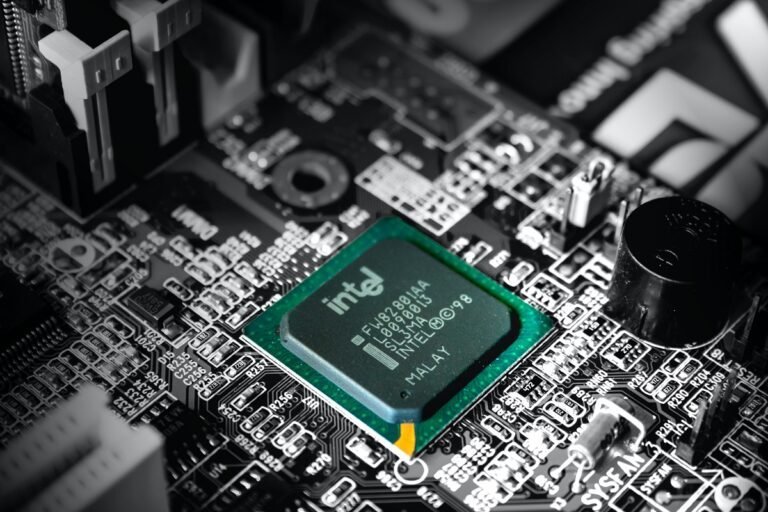At its Vision event on Tuesday 9th April, US tech giant, Intel, introduced its Gaudi 3 artificial intelligence chip, in its bid to challenge to rival chipmaker Nvidia’s foothold in the semiconductor market powering AI technologies.
Nvidia currently commands approximately 83% of the data centre chip market, with Google’s custom tensor processing units (TPUs) comprising a significant portion of the remaining share. To rise up the pecking order, Intel’s has to develop a competitive bundle of chips and software capable of rivalling Nvidia’s offerings in the AI space.
Intel’s newly unveiled chip is positioned to address the growing demand for alternative sources of AI chips amid supply shortages. Intel claims the Gaudi 3 chip can train large language models 50% faster than Nvidia’s H100 processor. Moreover, the chip has demonstrated superior performance in computing generative AI responses, known as inference, compared to Nvidia’s H100 chips for certain models tested.
Key specifications of the Gaudi 3 chip include its construction using Taiwan Semiconductor Manufacturing Co’s (TSMC) 5nm process, featuring two main processor chips fused together. Intel claims the Gaudi 3 chip is more than twice as fast as its predecessor, designed to be seamlessly integrated with thousands of others to unleash unparalleled compute power.
During the event, Intel’s vice president of strategy and product management, Jeni Barovian, stressed the significance of providing customers with choice in the industry. Barovian highlighted Intel’s commitment to delivering solutions aligned with the evolving demands of generative AI. Adopting an open approach also gives the chipmaker room to cater to the diverse needs of its clientele.
Looking ahead, Intel anticipates the Gaudi 3 chip to be available to server builders such as Supermicro and Hewlett Packard Enterprise in the second quarter of 2024.




